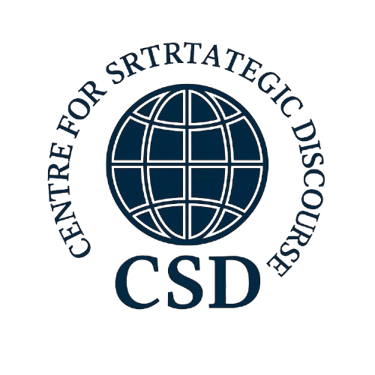The situation in Balochistan has deteriorated in recent weeks, exposing deep-rooted structural failures and policy missteps by the Pakistani State. Balochistan has long been recognized for its democratic and national struggle. Repeated warnings by human rights organizations regarding violations in the province have gone unheeded. Most recently, the Baloch Yakjehti Committee, a prominent grassroots movement, announced the Baloch Raaji Muchi (Baloch National Gathering)—a peaceful democratic initiative widely embraced by the people. Yet, the Pakistani State met this civic exercise with brute force: roadblocks, mass arrests, internet shutdowns, baton charges, and even indiscriminate shootings.
This behavior reflects a pattern of repression where peaceful resistance is dealt with through mutilated bodies, enforced disappearances, and torture—a continuation of Pakistan’s historic heavy-handedness in Balochistan. Such a policy not only violates democratic norms but also endangers national unity.
According to Dawn, former Prime Minister Nawaz Sharif recently asserted that "the problems of Balochistan are political and must be resolved through political means" (Dawn, April 10, 2025). His statement underscores the growing consensus that without genuine political engagement, no lasting solution to the Baloch crisis is possible. Sharif’s intervention is especially notable given the civilian leadership’s often marginal role in determining Balochistan policy, which is typically controlled by the military establishment in Rawalpindi.
Sharif further emphasized the need to speak with both the Prime Minister and the “other relevant authorities” to address Balochistan’s issues. However, as Dawn argues, it is the military that must be persuaded that the insurgency cannot be defeated through force alone. Instead, the state must show “magnanimity and vision” by initiating confidence-building measures such as releasing political prisoners and allowing unimpeded political activity in the province.
The Baloch National Gathering, organized in Gwadar, symbolized a rare moment of unity across the province. Despite widespread support, the state employed intimidation and misinformation to suppress the event. Mahrang Baloch, a leading voice from the Baloch Yakjehti Committee, addressed the public saying, "On one hand, the state asks for negotiations, and on the other hand, it has guns to shoot us."
Even moderate provincial legislators such as Maulana Hidayat ur Rehman and Zahoor Buledi expressed concern about the excessive use of force. Buledi stated publicly that the gathering was “not a big deal” and should have been allowed to proceed peacefully.
The consequences of state repression are already visible. Widespread protests, wheel-jam strikes, and a growing sense of alienation are fueling public anger. As political analyst Zahid Hussain warns, “If saner voices are suppressed, there will be no hope for the future” (Dawn). Likewise, Keyya Baloch wrote in The Diplomat that suppressing non-violent movements with mass support risks “driving more Baloch youth toward violent insurgency.”
Without urgent course correction, the window for peaceful resolution is closing. The state’s actions are weakening ties with an already marginalized population and risking the creation of a permanent crisis. Pakistan must reconsider its policies now, before history repeats itself with tragic consequences.
Policy Recommendations:
Inclusive Dialogue: Involve tribal elders, local politicians, and communities in a comprehensive and inclusive dialogue process to ensure grassroots participation.
Restrained Federal Role: Limit the involvement of the federal government and military to their constitutionally defined roles, ensuring no undue interference in provincial matters.
Electoral Reform: Guarantee free and fair elections, and respect the mandate of the people to elect their own representatives without external influence.
Civilian Leadership: Empower civilian leadership and local political elders to take the lead in conflict resolution and governance.
Economic Revival: Announce a special development package and provide concessional loans for local Baloch citizens to support economic integration and uplift.
Truth and Accountability: Launch an independent inquiry into all cases of missing persons. Ensure open and transparent trials of accused individuals in civilian courts.
Media Access: Allow access to both local and international media in Balochistan to promote transparency and build public trust.
